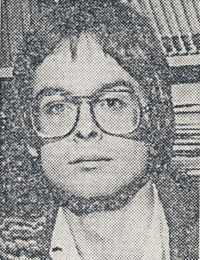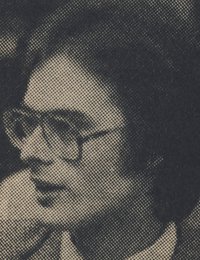 AUDIO – DESCRIPTION:
AUDIO – DESCRIPTION:
Before Freedom Party of Ontario was founded in 1984, one of the founding members of the party – Marc Emery – was the publisher of the London Metrobulletin, the owner of the City Lights Book Store in London, Ontario, and a recent candidate for alderman in that city. By 1983, his activism and publishing had made him a well known proponent of individual freedom in the London area.
This is Bill Paul’s first interview of Marc Emery. Emery discusses his political orientation, feminism, libel laws, his 1980 founding of the London Tribune newspaper, his newer London Metrobulletin tabloid, Ayn Rand, and more. The exact date of the interview is not known, but Paul and Emery discussed the fourth issue of the London Metrobulletin, which issue included a reproduction of a passage from the December 2, 1983 Ontario Hansard, which indicates that this interview was recorded in December of 1983.
 AUDIO – DESCRIPTION:
AUDIO – DESCRIPTION: